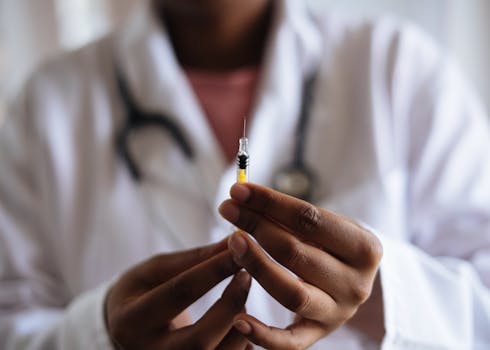
The Importance of Vaccines

The science behind vaccines is fundamental to understanding their role in public health. Vaccines are biological preparations that provide acquired immunity to a particular infectious disease. They work by stimulating the body’s immune system to recognize and fight pathogens, such as viruses and bacteria, thus preventing diseases before they occur.
How Vaccines Work

Vaccines typically contain weakened or inactive parts of a particular organism (antigen) that triggers an immune response within the body. This response helps the immune system develop memory cells that will recognize and combat the pathogen if exposed in the future. This process is known as immunization, which is crucial in preventing outbreaks of infectious diseases.
Public Health Impact

The widespread use of vaccines has led to the control and eradication of several infectious diseases, significantly reducing morbidity and mortality rates worldwide. For instance, smallpox was declared eradicated in 1980 due to a successful global vaccination campaign. Vaccination not only protects individuals but also contributes to herd immunity, safeguarding those who cannot be vaccinated due to medical reasons.
The Role of Research and Development

Ongoing research and development are vital in the field of vaccines. Scientists continuously study pathogens and their behavior to create effective vaccines. The rapid development of COVID-19 vaccines showcased the importance of scientific research in addressing public health emergencies. Moreover, advancements in technology have enabled the creation of novel vaccine platforms, such as mRNA vaccines, which have shown great promise in providing effective immunity.
Conclusion

In conclusion, the science behind vaccines is a testament to the power of medical research and public health initiatives. Vaccines have played a crucial role in preventing diseases and improving health outcomes globally. As we continue to face new health challenges, ongoing investment in vaccine science will remain essential for safeguarding public health.





